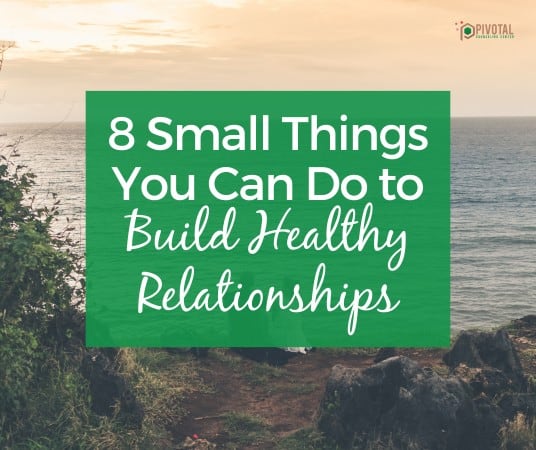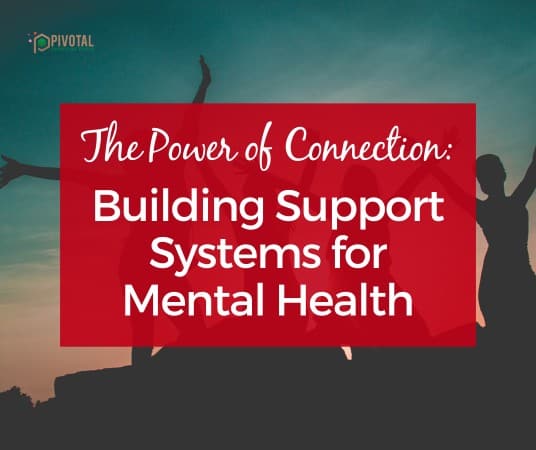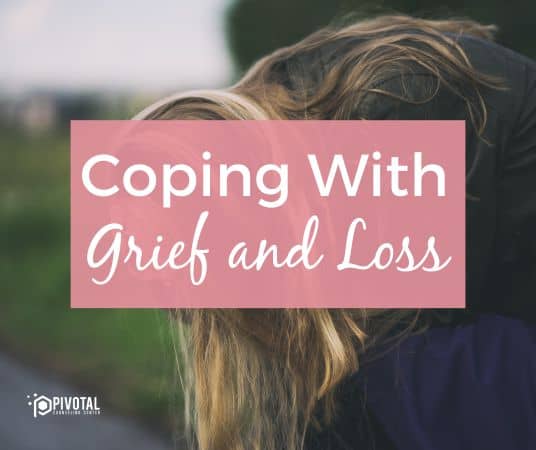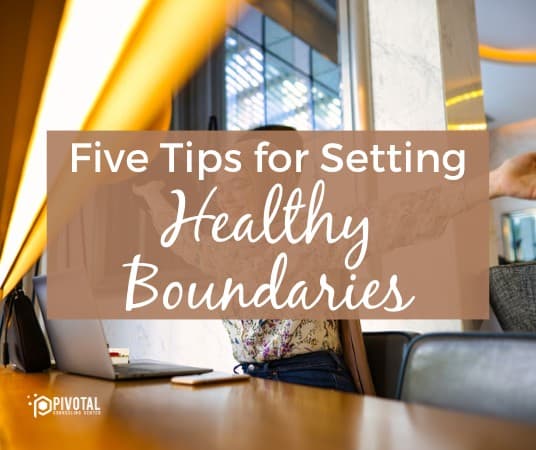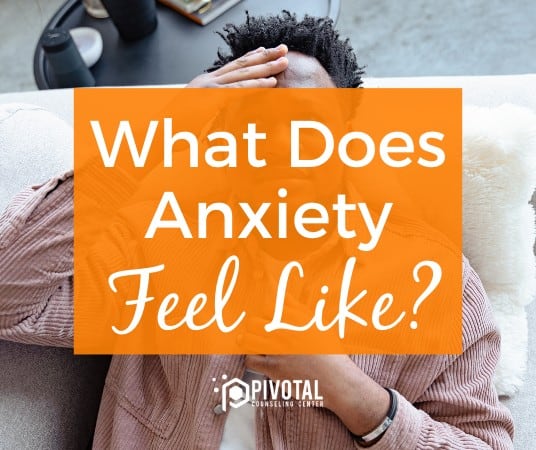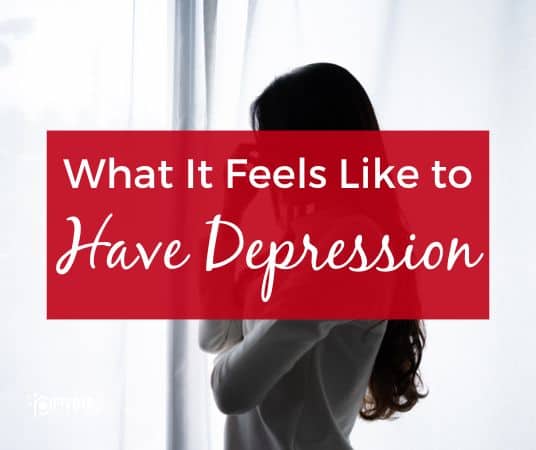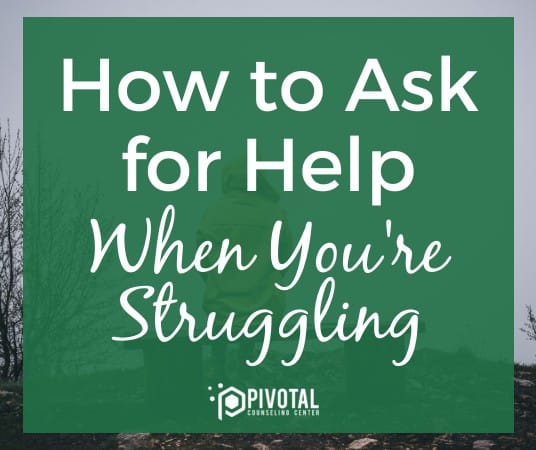
Have you ever had a hard time asking for help? Asking for help of any kind can be hard, but asking for help with your mental health can be really scary. Mental health is deeply personal, and admitting that you’re struggling can bring up a lot of complicated feelings.
We’ve also been in a pandemic for the better part of two years, so you may notice that more and more people are feeling burned out in all aspects of their lives. If you’re struggling with worsening anxiety, depression, intrusive thoughts, or are thinking about hurting yourself, you don’t need to deal with that yourself. In fact, it can be dangerous to not reach out for help.
If you’re struggling, please ask for help.
Some people struggle with asking for help more than others. We all know someone who prefers to do everything themselves. However, there are a few reasons that asking for help about your mental health is especially anxiety-provoking.
Why is asking for help so hard?
Mental health stigma is real. Even though therapy is becoming more and more normalized, it’s still seen as a taboo to be open about mental health struggles. No one wants to be seen as “crazy”. It’s also especially hard to ask for help when you’re dealing with mental health symptoms like hopelessness or numbness. Many mental health conditions have symptoms that can make it harder to reach out.
Asking for help is sometimes seen as weak. We live in a very individualistic culture that prides folks on handling everything on their own, but that’s not the only way to approach things. Asking for help is actually a sign of strength. We’re not meant to go it alone. We need to support each other, and asking for help is evidence that you’re ready to fight for yourself.
Some people also worry that asking for help means they’ll be in debt or owe something. Help doesn’t have to be transactional or come with strings attached. You may be surprised to find that people are eager to help when asked. Lots of people want to help, but just aren’t sure how or where to begin.
Lots of folks who are struggling fear that they’ll be a burden if they reach out for help.
If you’ve ever felt that way, try to give yourself some compassion. How would you feel if someone reached out to you for help? You probably wouldn’t make them feel like they’re a burden, even if you’re not sure how to help. Try to treat yourself like you’d treat a friend.
Its intimidating to ask for help when you don’t know what comes next. You might be worried that you’ll be hospitalized or forced to do something against your will. You might worry that you’re so used to feeling the way you do now, that you can’t feel any other way. Or maybe you’re worried that getting help will be even more painful than what you’re already going through. Sometimes people prefer to stick with the devil they know. It’s okay to feel fear of the unknown. It’s also important to accept that you can’t control everything.
Asking for help can be hard. Here are some tips for asking for help when your mental health is struggling:
Talk to someone you trust
Is there anyone you can think of to confide in? It can be strangely intimate to be open about mental health struggles, but having even one person to talk to can be an enormous relief. It doesn’t have to be a family member or even a friend if you’re not comfortable. It could be a teacher, a doctor, a coworker, or someone else, but don’t keep this all inside. It’s too much for one person to deal with alone, and you deserve to get help.
Write it down
Sometimes it’s easier to write something down than to say something to someone’s face. Or you might find it easier to text someone instead of seeing them in person. There’s nothing wrong with communicating this way! Talking about mental health can be an intense topic, so it can be less intimidating to approach it via text instead of face to face. Do whatever you need to do to get help.
Know that you don’t need to have everything figured out
Asking for help doesn’t mean that you need to know exactly what you need. It’s okay to say to someone, “I’m not doing well right now. I’m really struggling, but I don’t know what I need right now. Can you check in on me every so often to make sure I’m okay?”
You may even find that just talking to someone can be a nice distraction from what you’re going through. Distracting yourself is a perfectly valid way to get through emotionally tough times, so feel free to call someone up just to chat. You can let them know that you’re having a hard time but you’re not ready to talk about it and need a distraction. Most people will be happy to support you!
Talk to a hotline
If talking to someone you know isn’t a possibility for you, there are still ways to ask for help. There are a number of hotlines or crisis lines that are available 24/7. One is the National Suicide Prevention Lifeline, but most cities have a local hotline you can contact as well. There are other options available, like texting crisis lines, if a phone call is too much.
You don’t need to wait until you’re in a crisis to reach out for help. In fact, it might be easier to avoid being in crisis if you make a point of asking for help before things get unbearable. Whatever you decide, know that you deserve help, and you are not a burden.

